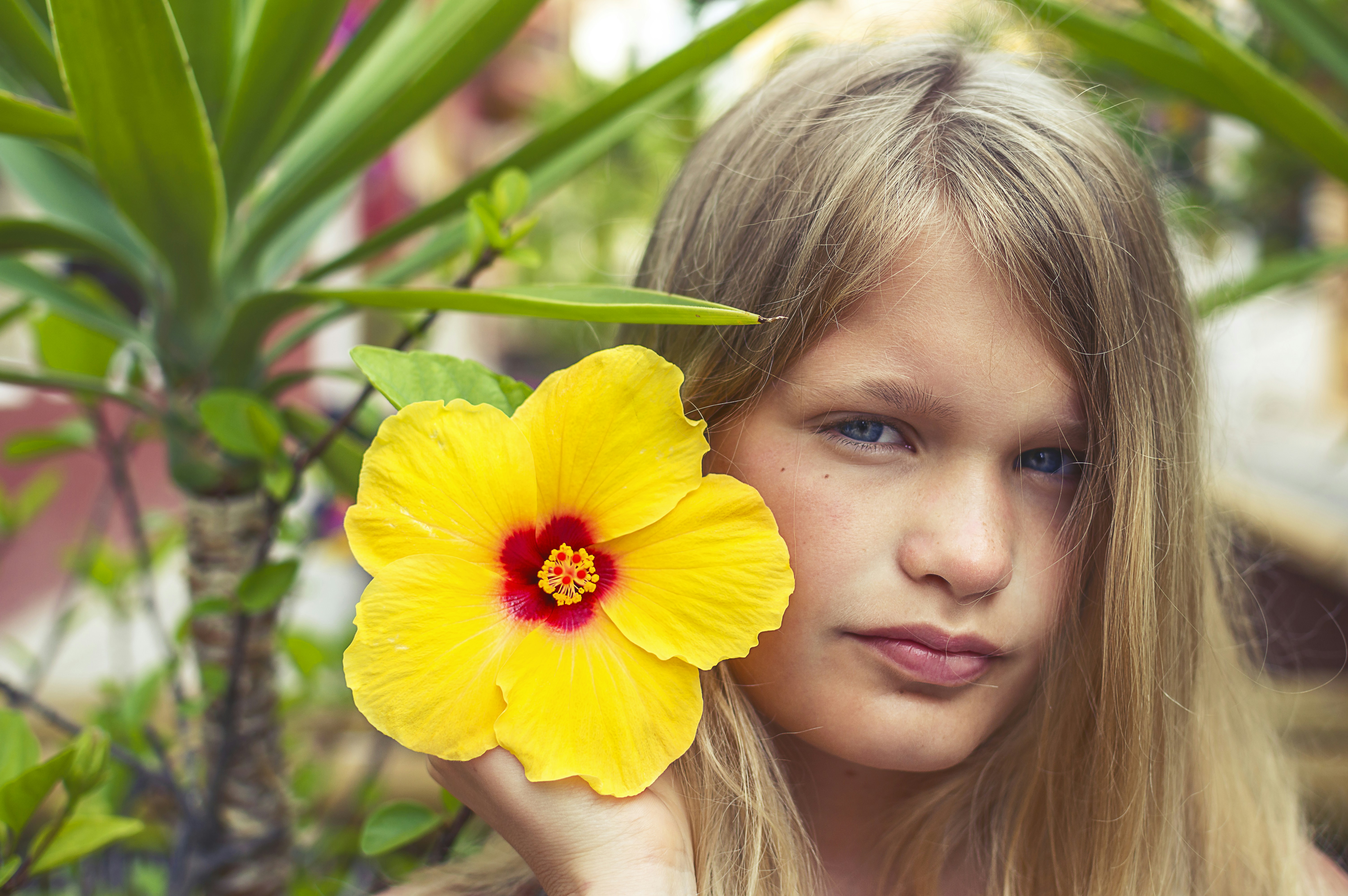Your Ultimate Guide: Resources and Advice for Parents and Carers
August 1, 2024 | by Sonya Dunkley
 Photo by David Lezcano on Unsplash
Photo by David Lezcano on Unsplash Raising children is a multifaceted responsibility that requires parents and carers to balance various aspects of a child’s development effectively. The first step in this journey is selecting a parenting style that aligns with your family’s values and needs. Common parenting styles include authoritative, authoritarian, permissive, and uninvolved, each with its own approach to discipline, communication, and affection. Exploring these styles will enable you to identify the method that works best for your household dynamics.
Finding the right environments to stimulate a child’s growth is equally important. Educational destinations such as museums, science centers, and zoos offer interactive experiences, nurturing curiosity and a love for learning. At the same time, parks, playgrounds, and theme parks provide opportunities for physical activity and fun, promoting overall well-being. Balancing educational and recreational outings can help in fostering a well-rounded development in children.
Healthy food choices are crucial in ensuring children receive the necessary nutrients for their growing bodies. Introducing a variety of fruits, vegetables, grains, and proteins can help establish a balanced diet. Avoiding sugary snacks and processed foods will benefit their long-term health. Simple strategies like involving children in meal preparation and educating them about the nutritional value of different foods can encourage healthier eating habits.
Maintaining hair care is another critical aspect of a child’s physical well-being. Regular washing with gentle, child-friendly shampoos, coupled with appropriate conditioning, can ensure their hair remains clean and manageable. It’s important to address specific needs, such as dealing with dry scalp or tangling, to keep their hair healthy. Regular haircuts and avoiding excessive heat styling can further contribute to the overall health of their hair.
Educational insights extend beyond formal schooling. Encouraging activities that stimulate cognitive and emotional growth, such as reading, puzzles, and creative play, can be beneficial. Establishing a routine that includes dedicated study times and bedtime stories can significantly contribute to a child’s development. Additionally, addressing challenging behaviors with structured strategies, like positive reinforcement and consistent discipline, is vital in promoting good conduct and emotional regulation.
Self-Care and Resources for Parents and Carers: Making Time for Yourself
Balancing the demands of childcare with attention to personal needs can be a formidable challenge for parents and carers. However, neglecting self-care can lead to burnout and diminished capacity to provide the best care for children. Prioritizing personal well-being through engaging activities and hobbies is crucial for rejuvenation and stress relief.
One effective way to carve out time for self-care is to integrate activities that simultaneously promote physical fitness and mental relaxation. Engaging in regular physical exercise, such as yoga, walking, or cycling, not only benefits physical health but also enhances mental clarity and reduces stress. Many community centers offer group classes or outdoor guided activities, presenting opportunities to connect with other parents and carers.
For those seeking solace in relaxation, mindfulness practices such as meditation and deep-breathing exercises can be invaluable. Allocating just ten minutes a day to these activities can lead to significant improvements in mental well-being. Numerous apps and online platforms offer guided sessions, making it accessible for individuals to incorporate these practices into their daily routine.
Hobbies play a significant role in self-care by providing a mental escape and fostering a sense of accomplishment. Whether it’s gardening, painting, reading, or even engaging in DIY projects, finding and dedicating time to personal interests can be highly rewarding. Adult education centers and online courses offer numerous avenues to explore new hobbies or deepen existing interests without significant time commitments.
Exploring local places of interest can also be a refreshing way to de-stress. Visiting parks, botanical gardens, museums, or attending community events provides a break from routine and an opportunity to unwind. Additionally, these outings can be scheduled alongside children’s activities, ensuring that both caregiver and child are engaged in fulfilling experiences.
Managing stress as a parent or carer hinges on establishing a supportive network. Discussing responsibilities with a partner, family member, or friend and sharing childcare duties can create pockets of time for self-care. Similarly, parenting support groups and online communities offer valuable advice and a sense of camaraderie, which can significantly mitigate feelings of isolation.
Ultimately, a balanced approach to family well-being acknowledges the importance of self-care for both the child and the caregiver. By prioritizing personal health and happiness, parents and carers can foster a nurturing and resilient family environment.
RELATED POSTS
View all


